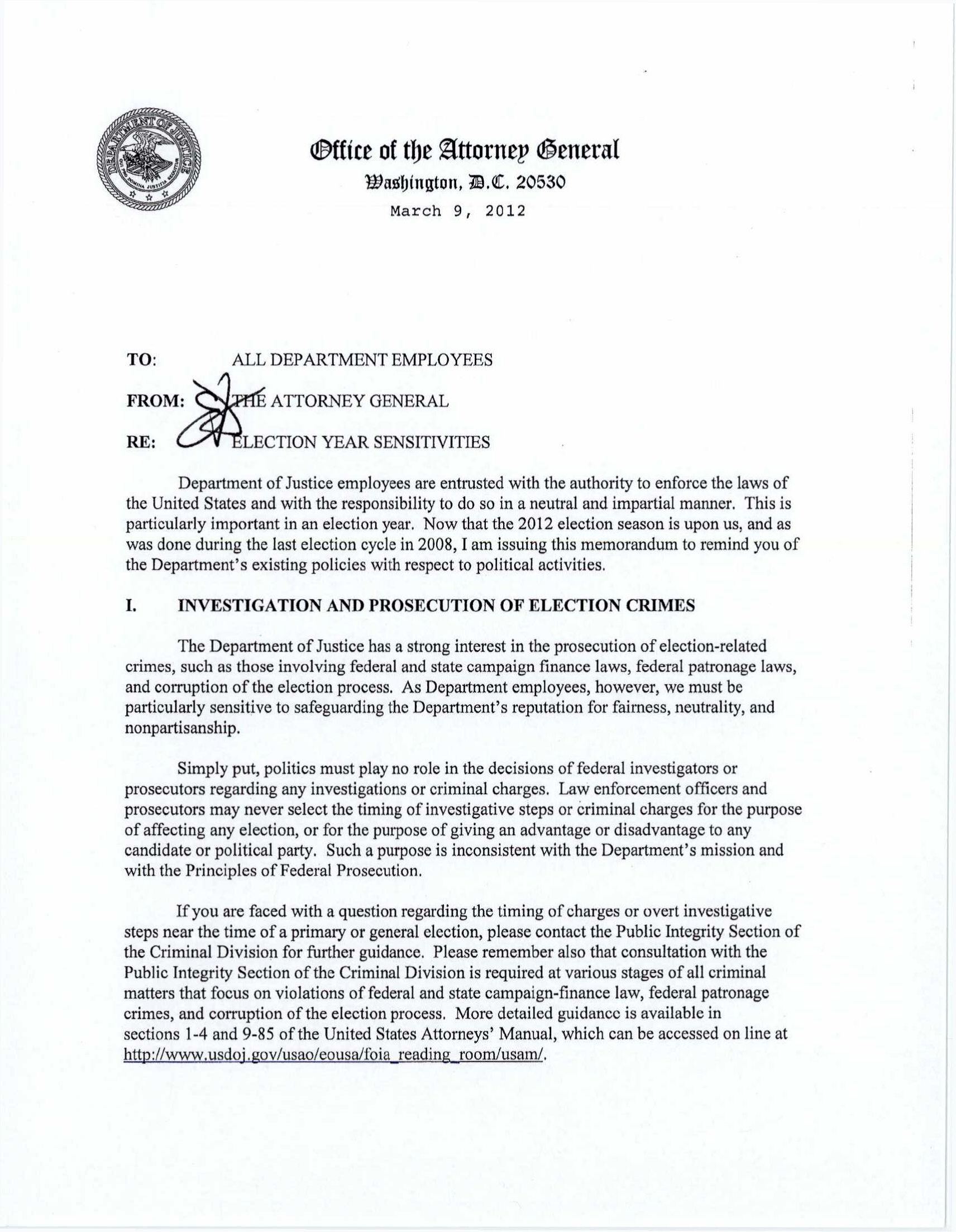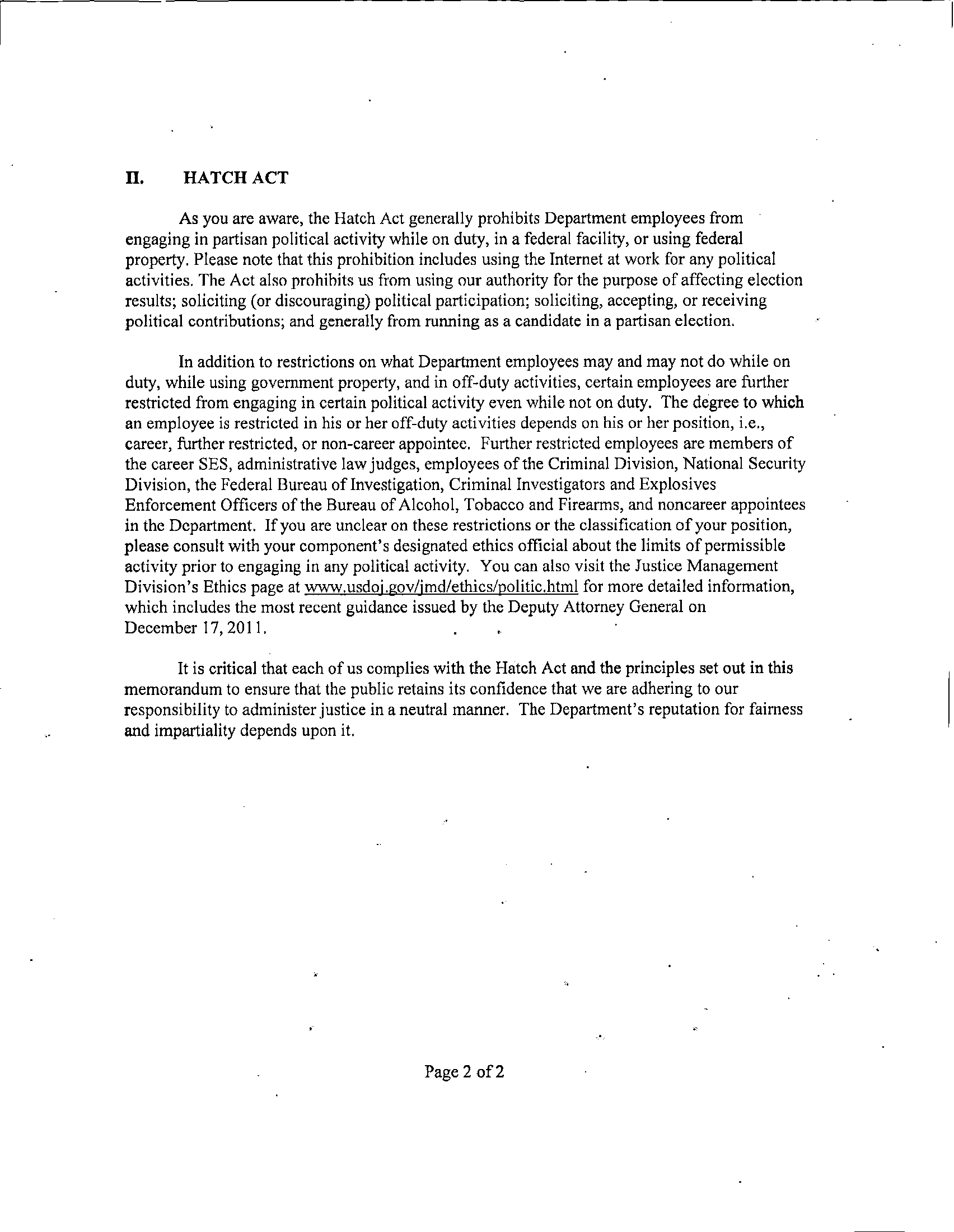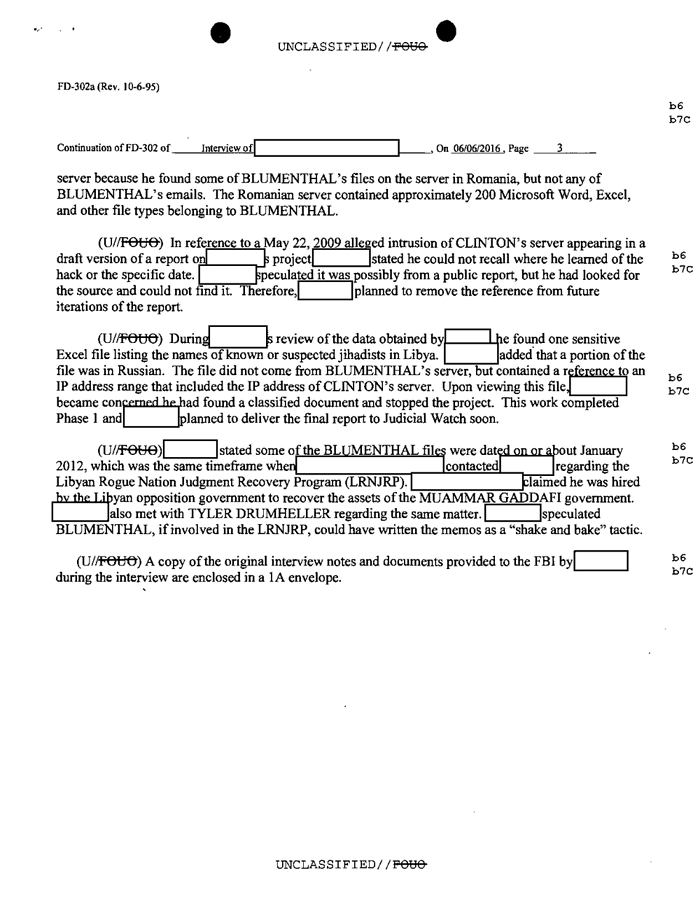

H. R. 5931, a bill in Congress is designed to stop all future payments of any sort to Iran.
Senator Grassley’s letter to Loretta Lynch demanding answers to 5 questions is here.
Congress: Attorney General
Lynch ‘Pleads Fifth’ on Secret Iran ‘Ransom’ Payments
Obama admin blocking congressional probe into cash payments to Iran
Attorney General Loretta Lynch is declining to comply with an investigation by leading members of Congress about the Obama administration’s secret efforts to send Iran $1.7 billion in cash earlier this year, prompting accusations that Lynch has “pleaded the Fifth” Amendment to avoid incriminating herself over these payments, according to lawmakers and communications exclusively obtained by the Washington Free Beacon.
Sen. Marco Rubio (R., Fla.) and Rep. Mike Pompeo (R., Kan.) initially presented Lynch in October with a series of questions about how the cash payment to Iran was approved and delivered.
In an Oct. 24 response, Assistant Attorney General Peter Kadzik responded on Lynch’s behalf, refusing to answer the questions and informing the lawmakers that they are barred from publicly disclosing any details about the cash payment, which was bound up in a ransom deal aimed at freeing several American hostages from Iran.
The response from the attorney general’s office is “unacceptable” and provides evidence that Lynch has chosen to “essentially plead the fifth and refuse to respond to inquiries regarding [her] role in providing cash to the world’s foremost state sponsor of terrorism,” Rubio and Pompeo wrote on Friday in a follow-up letter to Lynch, according to a copy obtained by the Free Beacon.
The inquiry launched by the lawmakers is just one of several concurrent ongoing congressional probes aimed at unearthing a full accounting of the administration’s secret negotiations with Iran.
“It is frankly unacceptable that your department refuses to answer straightforward questions from the people’s elected representatives in Congress about an important national security issue,” the lawmakers wrote. “Your staff failed to address any of our questions, and instead provided a copy of public testimony and a lecture about the sensitivity of information associated with this issue.”
“As the United States’ chief law enforcement officer, it is outrageous that you would essentially plead the fifth and refuse to respond to inquiries,” they stated. “The actions of your department come at time when Iran continues to hold Americans hostage and unjustly sentence them to prison.”
The lawmakers included a copy of their previous 13 questions and are requesting that Lynch provide answers by Nov. 4.
When asked about Lynch’s efforts to avoid answering questions about the cash payment, Pompeo told the Free Beacon that the Obama administration has blocked Congress at every turn as lawmakers attempt to investigate the payments to Iran.
“Who knew that simple questions regarding Attorney General Lynch’s approval of billions of dollars in payments to Iran could be so controversial that she would refuse to answer them?” Pompeo said. “This has become the Obama administration’s coping mechanism for anything related to the Islamic Republic of Iran—hide information, obfuscate details, and deny answers to Congress and the American people.”
“They know this isn’t a sustainable strategy, however, and I trust they will start to take their professional, and moral, obligations seriously,” the lawmaker added.
In the Oct. 24 letter to Rubio and Pompeo, Assistant Attorney General Kadzik warned the lawmakers against disclosing to the public any information about the cash payment.
Details about the deal are unclassified, but are being kept under lock and key in a secure facility on Capitol Hill, the Free Beacon first disclosed. Lawmakers and staffers who have clearance to view the documents are forced to relinquish their cellular devices and are barred from taking any notes about what they see.
“Please note that these documents contain sensitive information that is not appropriate for public release,” Kadzik wrote to the lawmakers. “Disclosure of this information beyond members of the House and Senate and staff who are able to view them could adversely affect the diplomatic relations of the United States, including with key allies, as well as the State Department’s ability to defend [legal] claims against the United States [by Iran] that are still being litigated at the Hague Tribunal.”
“The public release of any portion of these documents, or the information contained therein, is not authorized by the transmittal of these documents or by this communication,” Kadzik wrote.
Congressional sources have told the Free Beacon that this is another part of the effort to hide details about these secret negotiations with Iran from the American public.
One senior congressional source familiar with both the secret documents and the inquiry into them told the Free Beacon that the details of the negotiations are so damning that the administration’s best strategy is to ignore lawmakers’ requests for more information.
“Every Obama administration official and department involved in the Iran Deal appear to be running for cover,” the source said. “Like we feared, the [Iran deal] is turning out to be a disaster and Iran is emboldened in its aggression. Evidently Attorney General Lynch and the Department of Justice have decided ‘refusal to cooperate’ is their best strategy. But this is dangerous and ultimately won’t protect them from anything.”
Update: The headline has been updated to more accurately characterize the story.
***
In part testimony on the House side:
The deal – as well as the interim agreement known as the Joint Plan of Action (JPOA) – provided Iran with substantial economic relief that helped the regime avoid a severe economic crisis and return to a modest recovery path. The lifting of restrictions on Iran’s use of frozen overseas assets as part of the interim agreement returned about $11.9 billion to Iran. The final agreement provided Tehran with access to a further $100 billion, including over $50 billion in unencumbered, liquid cash, according to the Obama administration.2 These funds gave Tehran badly needed hard currency to settle its outstanding debts, begin to repair its economy, build up its diminished foreign exchange reserves, and ease a budgetary crisis, as well as providing the regime greater resources for the financing of terrorism and other illicit activities.
The nuclear deal did nothing to address the full range of Iran’s malign activities, including ballistic missile development, support for terrorism, regional destabilization, and human rights abuses. Iran also still owes American terrorism victims and their families more than $55 billion in unpaid, outstanding damages awarded by American courts. (…)
A key driver of these threats remains the Islamic Republic’s ability to bankroll and finance a host of terrorist groups, militias, and proxy forces throughout the Middle East,6 including Hezbollah, Hamas, Palestinian Islamic Jihad, and designated Iraqi Shiite militias, as well expanding the existing asymmetric military capabilities of the Islamic Revolutionary Guard Corps (IRGC) and its elite Quds Force. Iran remains the world’s largest and most dangerous state sponsor of terrorism, according to President Obama’s State Department.7
Iran’s ability to access cash outside the formal banking system is crucial in supporting these activities. Tehran also cash for other malign activities that it aggressively supports: WMD procurement, missile and heavy weaponry procurement, as well as aid to the murderous regime of Bashir al-Assad in Syria, designated Shiite militias, the Houthis in Yemen, and other malign actors.

 It should be noted that a company exists named the Clinton Executive Services Corporation (CESC) which is named on the contracts of agreements that hosted the servers in question. Both Huma and Cheryl Mills were the managers and administrators of this company where the emails in question were controlled. When it comes to the FBI investigation, yet another wing of this RICO and private intelligence operation concocted by Hillary has been ignored and that is of Sidney Blumenthal. He was in business with Cody Shearer and Tyler Drumheller (former CIA and now deceased). These 3 had a company together that sought business opportunities in the Middle East exploiting conditions as a result of the Arab Spring and Libya. Blumenthal had his own server, yet the FBI has not sought control of his and the question is why. Could it be there was executive privilege applied by Obama in this regard? It must also be noted that several files and communications are in fact known to be on the computer of the hacker Guccifer located in Romania. (from the 302 summaries of the FBI)
It should be noted that a company exists named the Clinton Executive Services Corporation (CESC) which is named on the contracts of agreements that hosted the servers in question. Both Huma and Cheryl Mills were the managers and administrators of this company where the emails in question were controlled. When it comes to the FBI investigation, yet another wing of this RICO and private intelligence operation concocted by Hillary has been ignored and that is of Sidney Blumenthal. He was in business with Cody Shearer and Tyler Drumheller (former CIA and now deceased). These 3 had a company together that sought business opportunities in the Middle East exploiting conditions as a result of the Arab Spring and Libya. Blumenthal had his own server, yet the FBI has not sought control of his and the question is why. Could it be there was executive privilege applied by Obama in this regard? It must also be noted that several files and communications are in fact known to be on the computer of the hacker Guccifer located in Romania. (from the 302 summaries of the FBI)
